Research
SoBe DSC

The SoBe DSC brings together researchers in the Faculty of Social and Behavioral Sciences who develop and use data science techniques, organises research symposia, and coordinates funding.
Below are illustrative examples of research carried out in the area of social and behavioural data science.
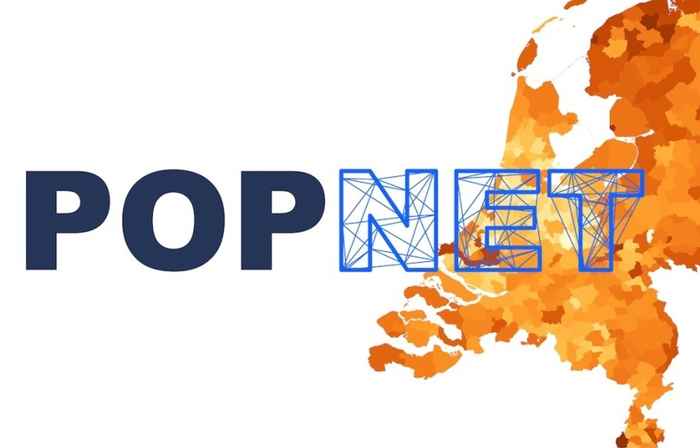
POPNET is a novel digital infrastructure and research community with the aim of unlocking longitudinal social network data on the entire population of the Netherlands for academic research purposes. The team will develop a first-of-a-kind research infrastructure tailored in terms of hard- and software specifically for large-scale social network analysis. POPNET is funded by a ‘Platform Digitale Infrastructuur’ grant from NWO, and is led by Eelke Heemskerk (University of Amsterdam) and Frank Takes (Leiden University).

Meta-analytic structural equation modeling (MASEM) is an increasingly popular meta-analytic technique, that brings about promising extensions to the synthesis of research findings. With MASEM, information from multiple studies is used to test a theoretical model that explains the correlations between a set of variables of interest. The MASEM lab is funded by a NWO VIDI grant and is led by dr. Suzanne Jak. This paper provides a tutorial and overview of the current possibilities of one-stage MASEM.
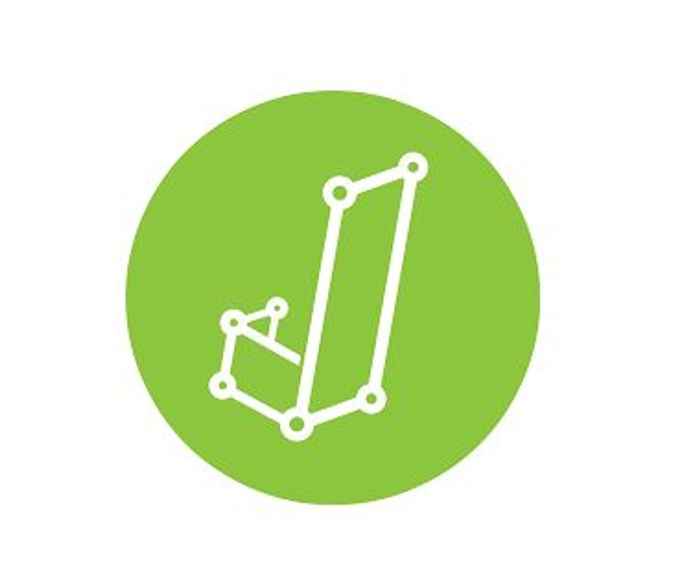
JASP is an open source statistics program that implements both traditional and Bayesian data analysis in a user friendly way. Bayesian statistics presents a comprehensive novel approach to statistical inference that is quickly gaining ground, as it has important advantages over classical analysis; for instance, Bayesian analysis allows for real time monitoring of incoming evidence, and is able to quantify evidence for the null hypothesis. The project has been funded by an ERC Advanced and NWO Vici grants and is led by Eric-Jan Wagenmakers. This paper contains an overview of techniques, with data examples and code.
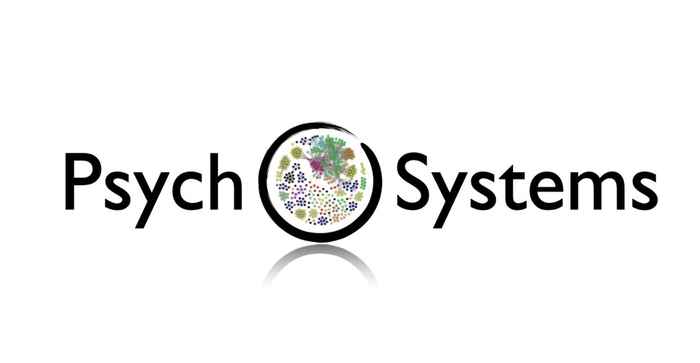
The Psychosystems Project develops theories and data analytic techniques based on network models for psychological variables. In these techniques, variables are represented and analyses as nodes in a network, where they are connected by statistical parameters (e.g. conditional associations). The project has been funded by NWO Vidi and ERC Consolidator grants and is led by Denny Borsboom. This paper contains an overview of techniques, with data examples and R-code.
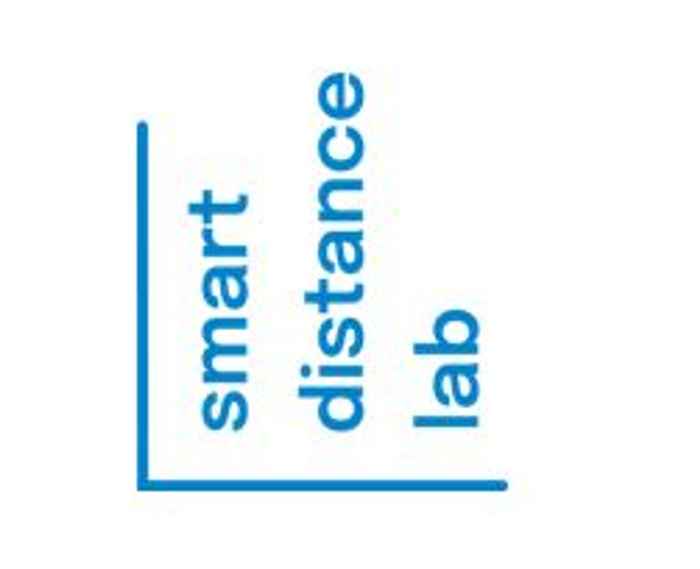
The Smart Distance Lab unites tech companies, governmental organisations, and researchers to offer a behavioural solution to mitigating COVID-19 virus spread. Researchers from the UvA developed a novel framework combining experimental design with objective measurements and contact networks, to track and assess the effectiveness of behavioural interventions. Starting out with solutions to the COVID-19 crisis, the framework can now be applied more broadly to monitor and improve the safety in public spaces. The research was funded by an IXA proof of concept grant and is led by Tessa Blanken. This paper introduces the framework.
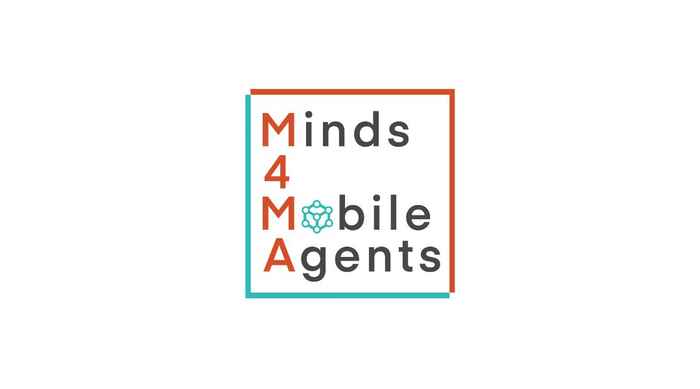
The Minds for Mobile Agents (M4MA) project aims to realistically model how pedestrians with diverse individual characteristics move around spatial and social environments while fulfilling complex goals. M4MA’s “predictive pedestrian” agent model simulates and explains the causes of pedestrian movement by combining tools from cognitive decision modelling and behavioural data science. The model was originally developed to understand and test physical-distancing protocols, and is now applied more broadly to problems involving pedestrian flows where individual differences play a crucial role. The project is led by Associate Professor Dora Matzke and Révész Visiting Professor Andrew Heathcote.
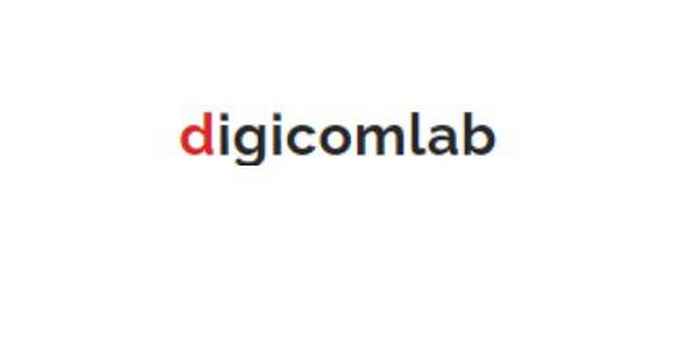
The Digital Communication Methods Lab is an initiative of the Research Priority Area Commmunication, focusing on innovative research and bringing together existing and new projects with digital communication methods as its cornerstone. The lab aims at expanding innovative work on methods, analyses, and scientific practices critical to Communication Science, including work on mobile communication and AI, not only as research topics, but also as data collection modes. A highlight of some ongoing projects: AI & communication, mis- and disinformation, data donation, and digital competences.
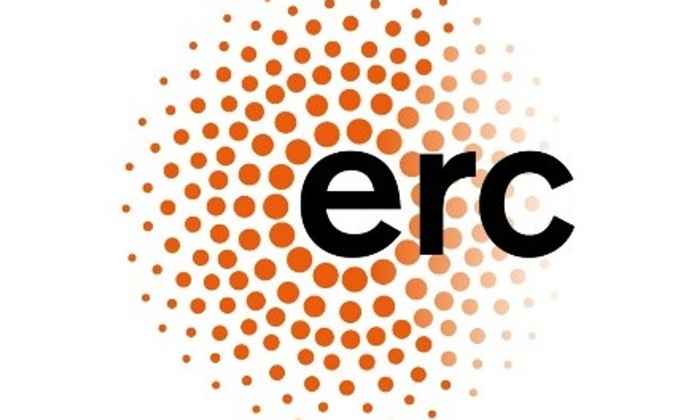
CAREER is a project in which researchers investigate how the labor market is changing, and how this differently affects workers’ careers. The project relies on an innovative data source to map labor market change: millions of vacancy texts across different countries. Using computational methods, the group aims to shed light on how demand for labor has changed. CAREER is led by Thijs Bol and funded with an ERC Starting Grant.

Nowadays, news items are distributed through sharing on social media, sorted by algorithms, and encountered on platforms on which they were not originally published. The ERC-funded NEWSFLOWS project, led by Damian Trilling, develops a model of how information spreads in today’s media ecosystem – a model based on so-called feedback loops, where the output of a system influences its input. NEWSFLOWS extends innovative methods as online field experiments, data donations, and automated content analysis to conduct such studies.
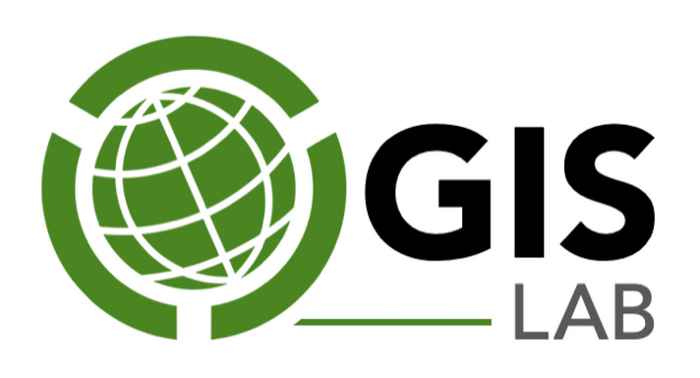
The GIS Lab is a centre of Geographic Information Systems expertise and resources at the University of Amsterdam, housed within the Department of Human Geography, Planning and International Development. The centre provides GIS advice and support across the AISSR/FMG and is involved in both GIS education and research. The GIS Lab team carry out and support cutting-edge GIS research within the social sciences domain. Its research mission is to apply a spatial understanding to fundamental questions of human geography, planning and international development, as well as themes across behavioural and social sciences more broadly. The GIS Lab’s computer facilities are accessible to all FMG researchers and provide high-performing hardware equipped with all key GIS software. More information on the GIS Lab can be found on its website.

The Human Behaviour Simulation Lab (HUBS) aims to measure, explain, and model human behaviour by using simulations. By the use of methodological frameworks the goal of HUBS is to integrate human behaviour across different levels (biology, psychology, and social contacts). These levels will be linked by using network representations across levels, where the developed frameworks will gather new data. The acquired data will provide information to set up new simulations, which leads substantiated and practical solutions to societal questions. The HUBS lab is led by Tessa Blanken.